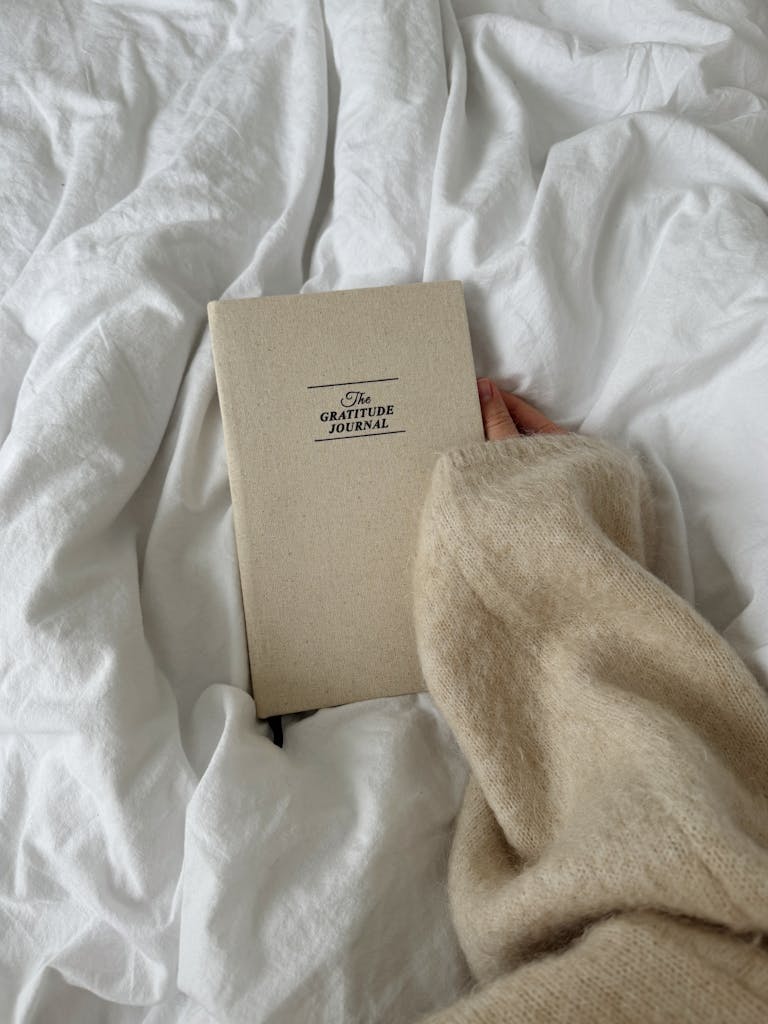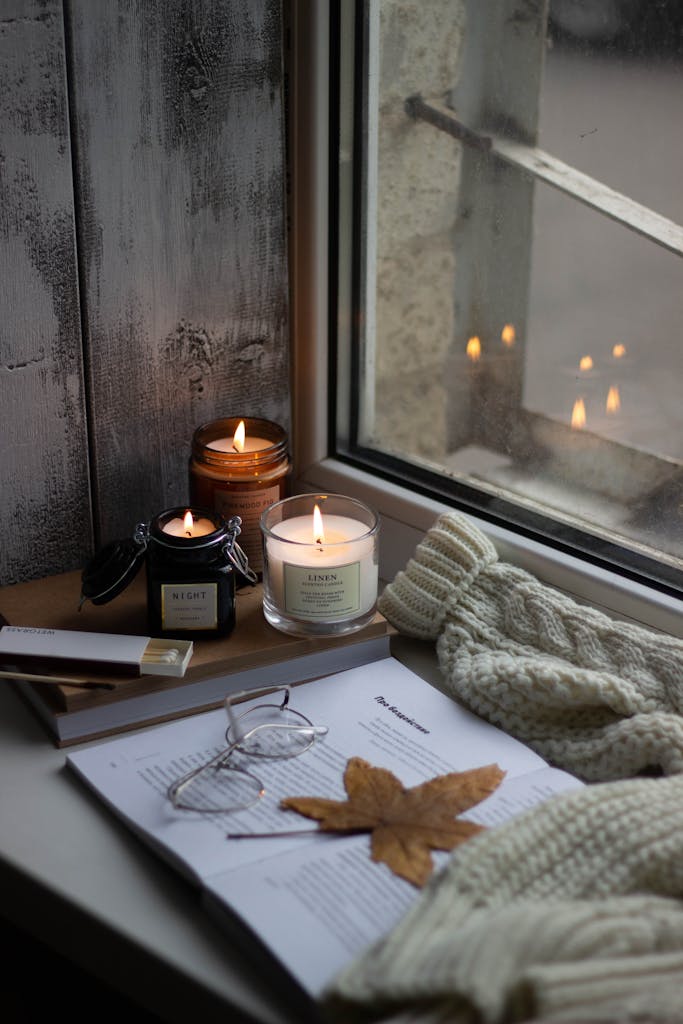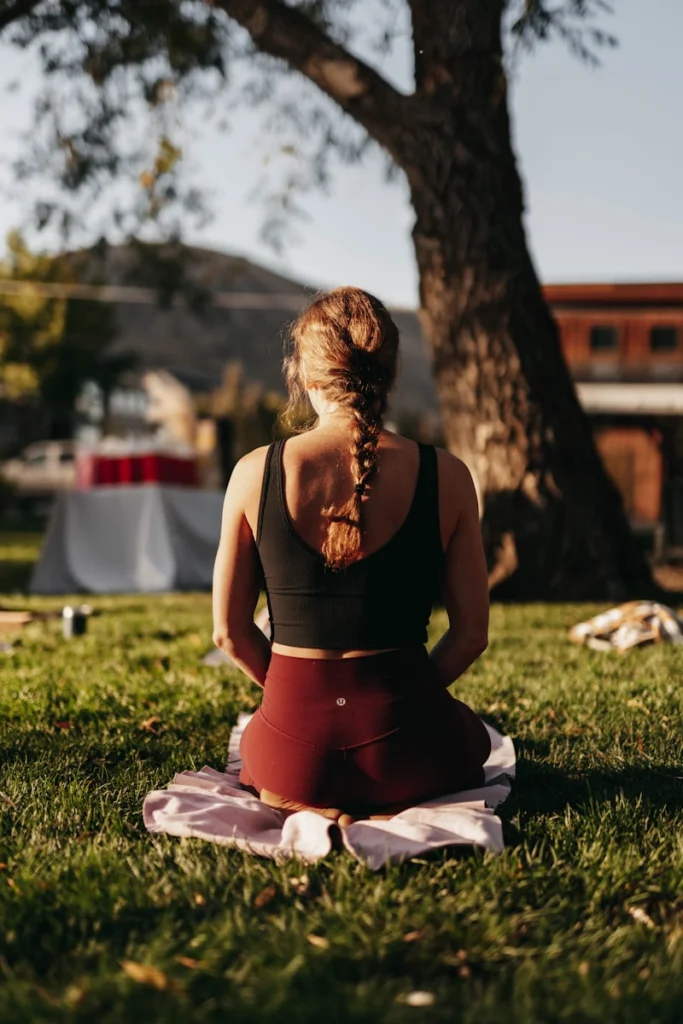You’re carrying something heavy, and the thought of exposing it to another person feels impossible. I can tell you that shame has a way of convincing us we’re alone in our struggles, but that’s rarely true. The embarrassment you feel about asking for help doesn’t make your pain less valid—it just makes healing feel more complicated. Here’s what I’ve learned about finding your way back to yourself when vulnerability feels too risky, starting with methods that keep you completely in control.
Start With Anonymous Online Resources and Support Communities
When you’re struggling with personal challenges, trauma, or mental health issues, taking that first step toward healing can feel overwhelming, especially if you’re not ready to talk to someone face-to-face.
I can tell you that anonymous online communities offer you complete control over your healing journey. You’ll find specialized forums for depression, anxiety, addiction, abuse recovery, and grief support where real people share raw, honest experiences.
Reddit’s mental health subreddits, 7 Cups of Tea’s free listeners, and Crisis Text Line provide immediate access to understanding voices. I’ve never seen anyone regret starting here – you can lurk, read others’ stories, then gradually participate when you’re ready.
These platforms give you power to heal at your own pace, without judgment or pressure. Many anonymous self-reflection tools like quizzes can help you better understand your experiences and identify patterns you might not have recognized before.
Practice Self-Compassion and Mindfulness Techniques

After you’ve found your footing in supportive online communities, the next essential step involves turning inward with kindness rather than criticism. I can tell you that self-compassion changes everything when you’re healing alone. Instead of beating yourself up for struggling, treat yourself like you’d treat a close friend facing the same challenge.
Start with simple mindfulness techniques. When shame spirals hit, pause and breathe deeply for thirty seconds. Notice the thoughts without judging them. I’ve never seen someone heal effectively while constantly attacking themselves mentally.
Practice the “friend test” – ask yourself what you’d tell a friend in your situation. Use that same gentle tone with yourself. Healing requires strength, and you can’t build strength from a foundation of self-hatred. Try placing your hand over your heart during difficult moments, as this simple gesture triggers the release of oxytocin, activating your body’s natural soothing system.
Create a Private Journaling and Reflection Routine
Building on that foundation of self-compassion, you’ll want to capture those internal conversations and insights somewhere safe. I can tell you that private journaling becomes your secret weapon for self-healing when asking for help feels impossible. You’re creating a judgment-free zone where raw thoughts can flow freely.
Private journaling creates a judgment-free sanctuary where your raw thoughts can flow freely, becoming your secret weapon for self-healing.
Here’s what makes journaling transformative:
- Stream-of-consciousness writing – Set a timer for 10 minutes, write without stopping, don’t edit anything
- Pattern recognition – Review entries weekly to spot recurring themes, triggers, and emotional cycles
- Solution brainstorming – Ask yourself “What would I tell a friend facing this?” then follow your own advice
Consider incorporating specific journal prompts that guide you toward self-discovery, such as exploring what activities make you lose track of time or identifying your biggest sources of frustration.
I’ve never seen someone commit to daily reflection without experiencing breakthroughs. Your journal becomes your personal therapist, available 24/7, completely confidential, and uniquely attuned to your needs.
Develop Healthy Coping Mechanisms and Daily Rituals

Once you’ve established that journaling practice, you’ll discover that sustainable healing requires replacing destructive habits with intentional daily rituals that actually serve your recovery. I can tell you from experience, you can’t just eliminate bad coping mechanisms without filling that void with something better.
Start with morning rituals that ground you before the world gets chaotic. I’m talking about five minutes of deep breathing, stretching, or listening to music that centers your mind. When stress hits, you’ll need physical outlets like walking, cleaning, or even organized decluttering sessions.
Evening rituals matter just as much. Create boundaries around your sleep schedule, limit screen time before bed, and develop calming activities like reading or gentle yoga. I’ve never seen anyone heal without consistent, nurturing daily practices. Consider incorporating warm baths into your evening routine, as they help melt away stress after a busy day and promote the deep relaxation your healing process needs.
Use Self-Help Books and Educational Materials for Guidance

While daily rituals create the foundation for healing, you’ll need additional guidance to understand what’s actually happening inside your mind and body during recovery. Self-help books become your secret weapons, giving you control without exposing your vulnerabilities to others.
Self-help books become your secret weapons, giving you control without exposing your vulnerabilities to others during recovery.
I can tell you that the right educational materials work like having a therapist in your back pocket. You’ll discover patterns you never recognized, learn why certain triggers affect you, and most importantly, realize you’re not alone in this struggle.
Choose resources strategically:
- Target your specific issues – anxiety, trauma, addiction, or relationship problems require different approaches
- Look for evidence-based methods – cognitive behavioral therapy, mindfulness, or somatic healing techniques
- Start with highly-rated beginner books – complex theories won’t help if you can’t understand them
Knowledge transforms confusion into clarity, fear into understanding. Remember that simple mental habits can take weeks to become automatic, so be patient with yourself as you implement new strategies from your educational materials.
Establish Boundaries and Remove Toxic Influences
After you’ve armed yourself with knowledge, you must face a harder truth: some people in your life are actively working against your healing, whether they realize it or not. I can tell you from experience, toxic people drain your energy faster than you can rebuild it. They dismiss your progress, guilt you for changing, or create drama that pulls you backward.
Start by identifying these energy vampires. Notice who makes you feel worse after every interaction, who constantly needs rescuing, or who mocks your self-improvement efforts. Then create boundaries. Limit contact, stop sharing personal information, and refuse to engage in their negativity. I’ve never seen anyone heal completely while surrounded by people who benefit from keeping them broken. Your healing threatens their control.
Remember that establishing boundaries is a form of self-care ritual that protects your emotional well-being and creates space for genuine healing to occur.
Focus on Physical Wellness to Support Mental Healing

Because your mind and body operate as one interconnected system, you can’t achieve deep mental healing while neglecting your physical health. I can tell you from experience, every person I’ve watched transform their mental state started with basic physical foundations.
Your body becomes your strongest ally when you treat it right:
- Sleep 7-9 hours consistently – Poor sleep destroys emotional regulation and decision-making power within days
- Move your body daily – Even 20-minute walks flood your brain with healing chemicals that expensive therapy can’t match
- Fuel yourself properly – Processed foods create inflammation that directly impacts your mood and energy levels
I’ve never seen someone build lasting mental strength while running on three hours of sleep and gas station food. Your physical state determines your mental capacity.
Creating an optimal sleep environment between 65-68°F with minimal light and sound disturbances can dramatically improve your sleep quality without requiring any external support or intervention.
Build Self-Awareness Through Personal Assessment Tools
How can you fix what you don’t fully understand? Self-assessment tools become your roadmap to clarity when you’re too embarrassed to ask for help. I can tell you from experience, personality tests like Myers-Briggs or the Big Five reveal patterns you’ve been blind to. Take honest inventories of your strengths, triggers, and blind spots.
Start with simple journaling prompts: “What situations drain my energy?” or “When do I feel most confident?” Track your moods for two weeks, noting what triggers anxiety or anger. I’ve never seen someone regret this process, though it’s uncomfortable at first.
Online assessments for emotional intelligence, attachment styles, and communication preferences cost nothing but time. You’ll discover why certain relationships fail, why you react strongly to specific situations, and most importantly, what healing actually looks like for you. Remember that your wallet and calendar reveal your true priorities better than any stated values, so examine where you actually spend your time and money during this self-assessment process.
Gradually Expand Your Comfort Zone and Support Network
Isolation becomes your worst enemy when you’re trying to heal, yet stepping outside your bubble feels terrifying. I can tell you from experience that healing requires human connection, even when you’d rather hide forever. You don’t need to transform overnight—small, strategic moves build momentum.
Start with these manageable steps:
- Join online communities where anonymity protects you while you practice sharing your struggles
- Reconnect with one trusted person from your past who demonstrated genuine care and understanding
- Attend group activities focused on shared interests rather than personal problems, like hobby clubs or volunteer work
Consider exploring gentle hobbies like watercolor painting, which provides a calming and meditative practice that can help you process emotions while building confidence in a low-pressure environment.
I’ve never seen anyone heal in complete isolation. Each small interaction teaches you that vulnerability isn’t weakness—it’s the foundation of genuine strength. Your comfort zone will expand naturally as you prove to yourself that safe people exist.
Conclusion
You’ve got the tools now, and I can tell you from experience that healing yourself is absolutely possible. Start small, pick one method that resonates with you, and commit to it daily. I’ve never seen someone regret choosing self-compassion over self-criticism. You don’t need permission to heal, you don’t need perfect conditions, and you certainly don’t need to wait. Your healing journey starts the moment you decide you’re worth it.



Leave a Reply